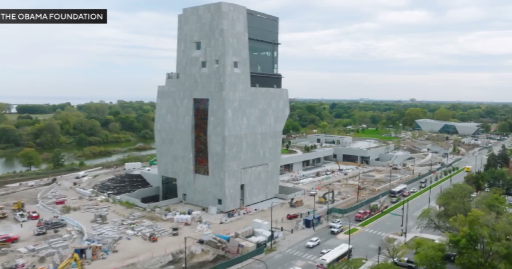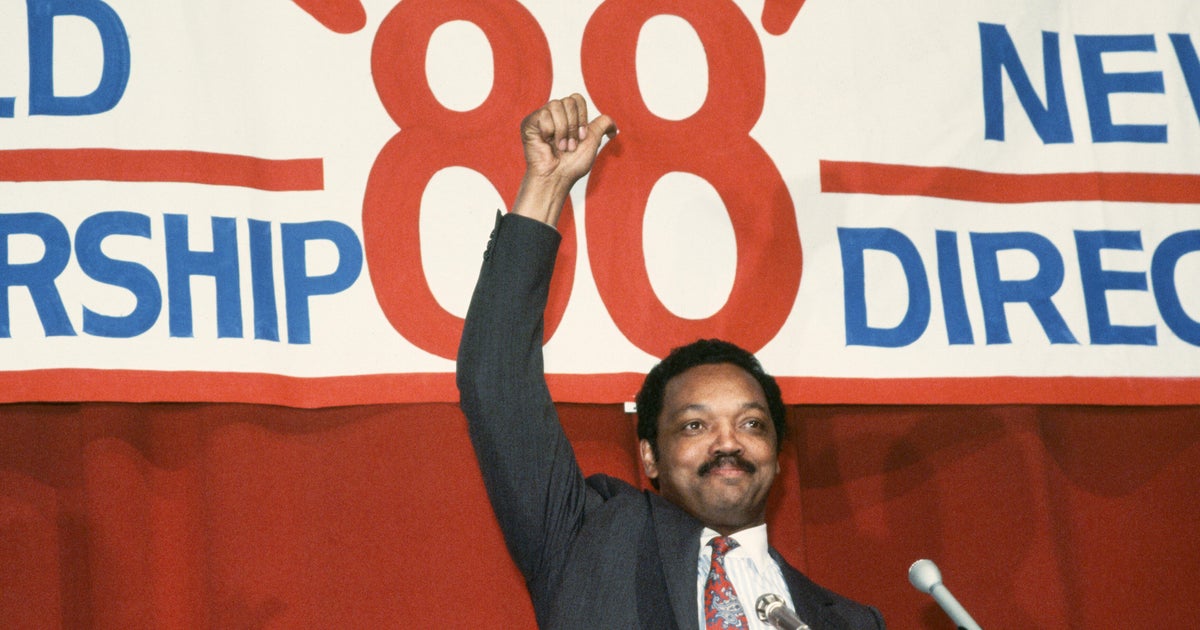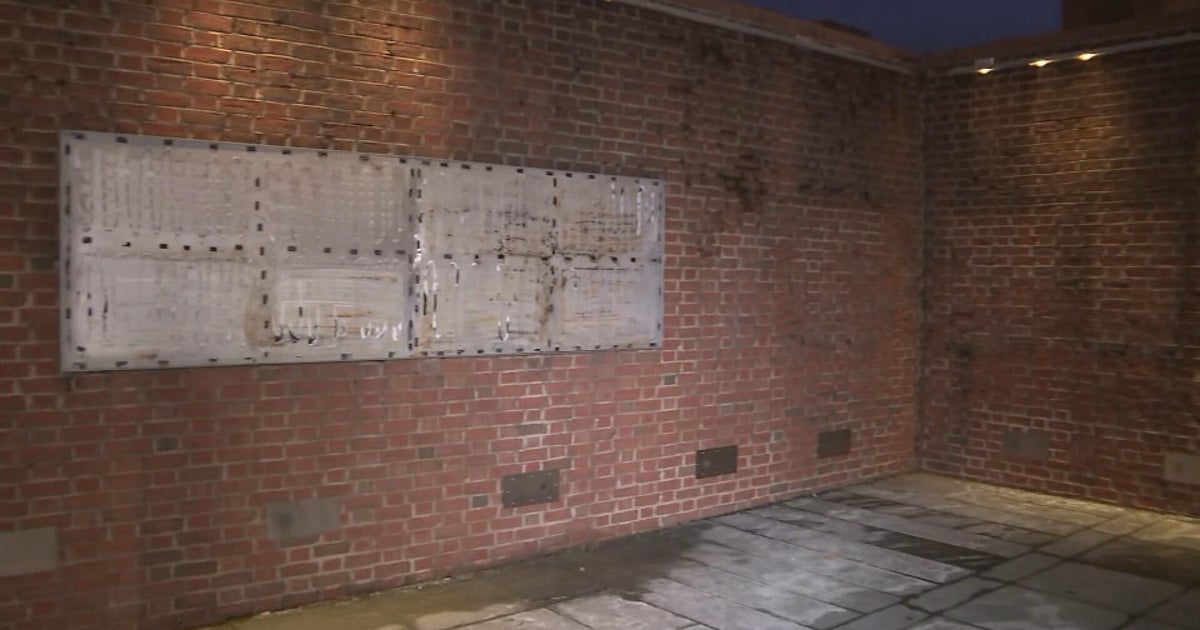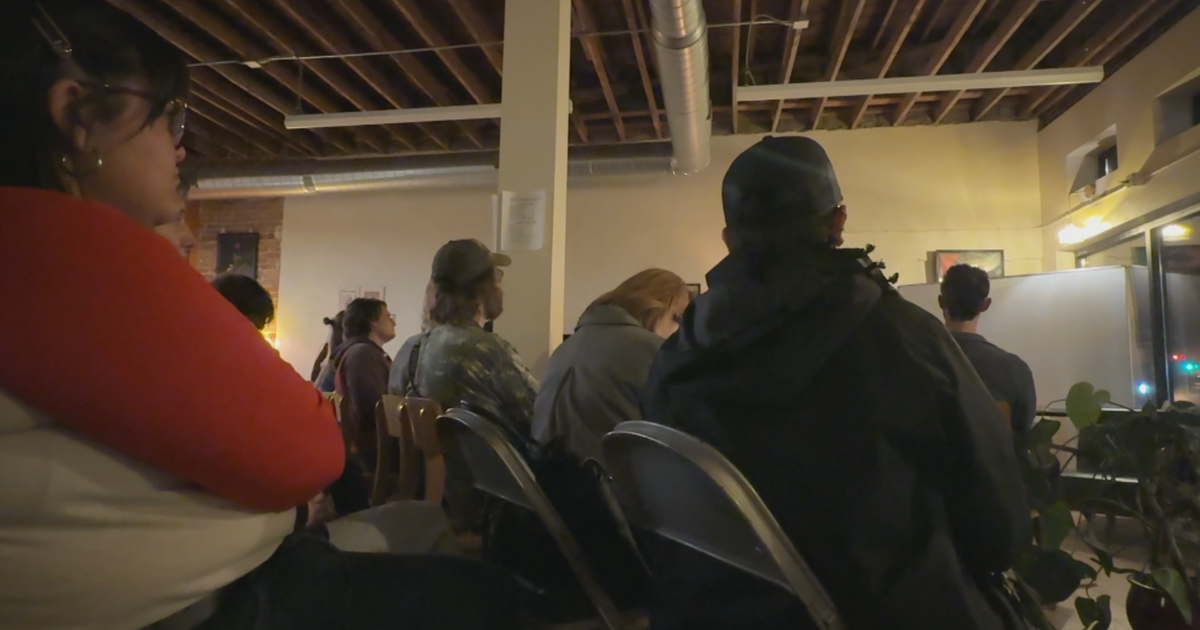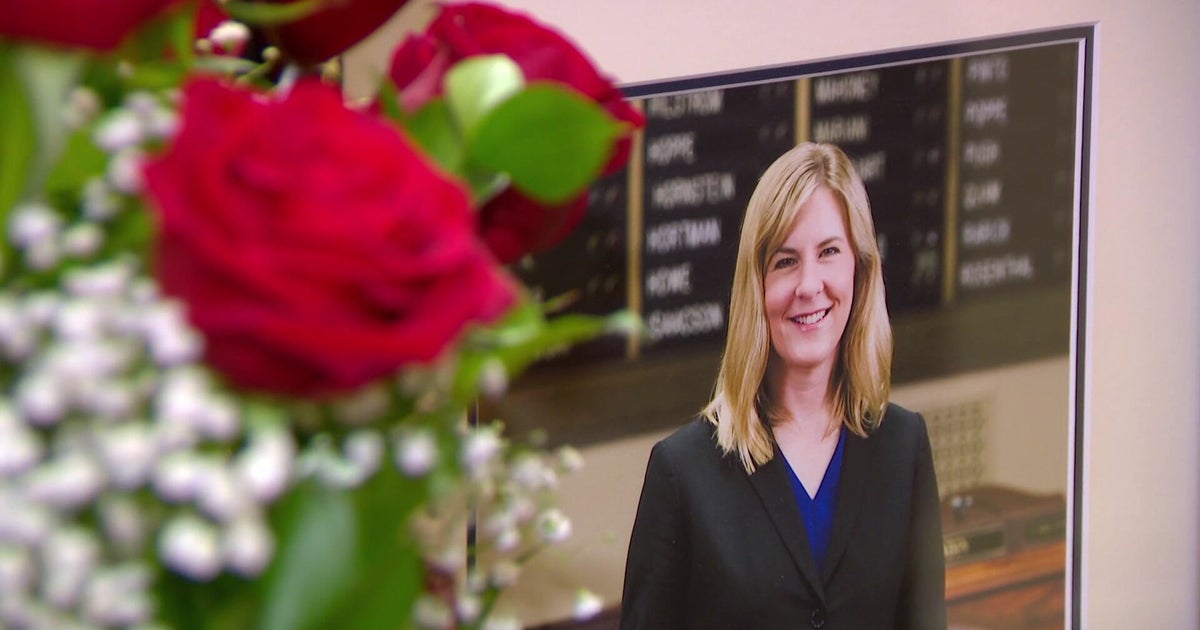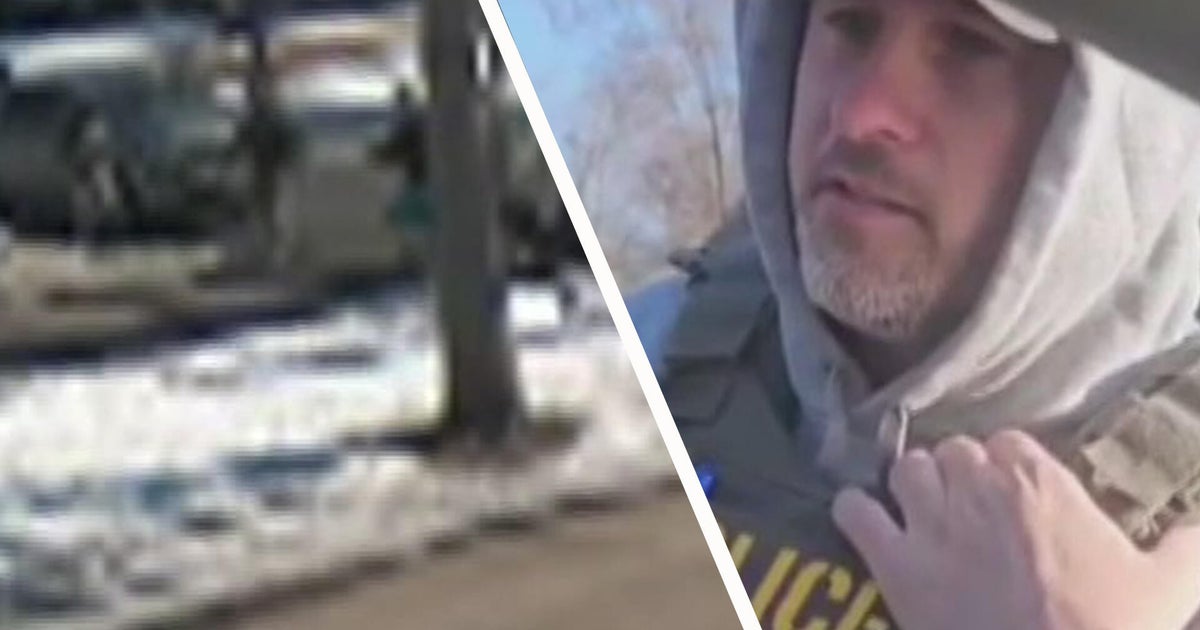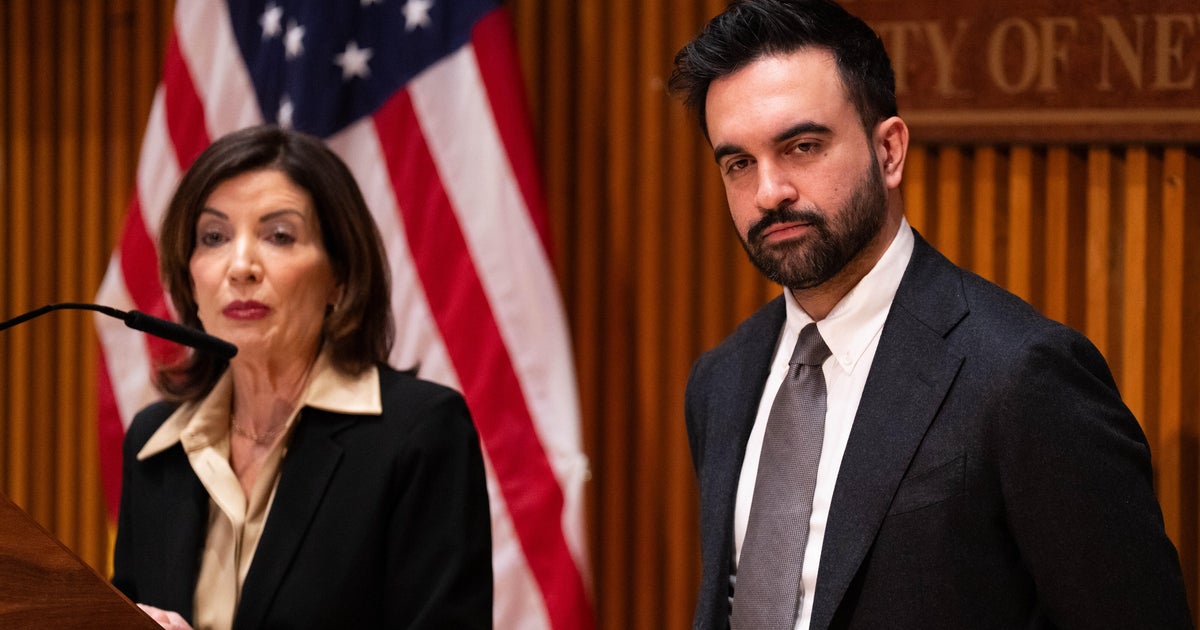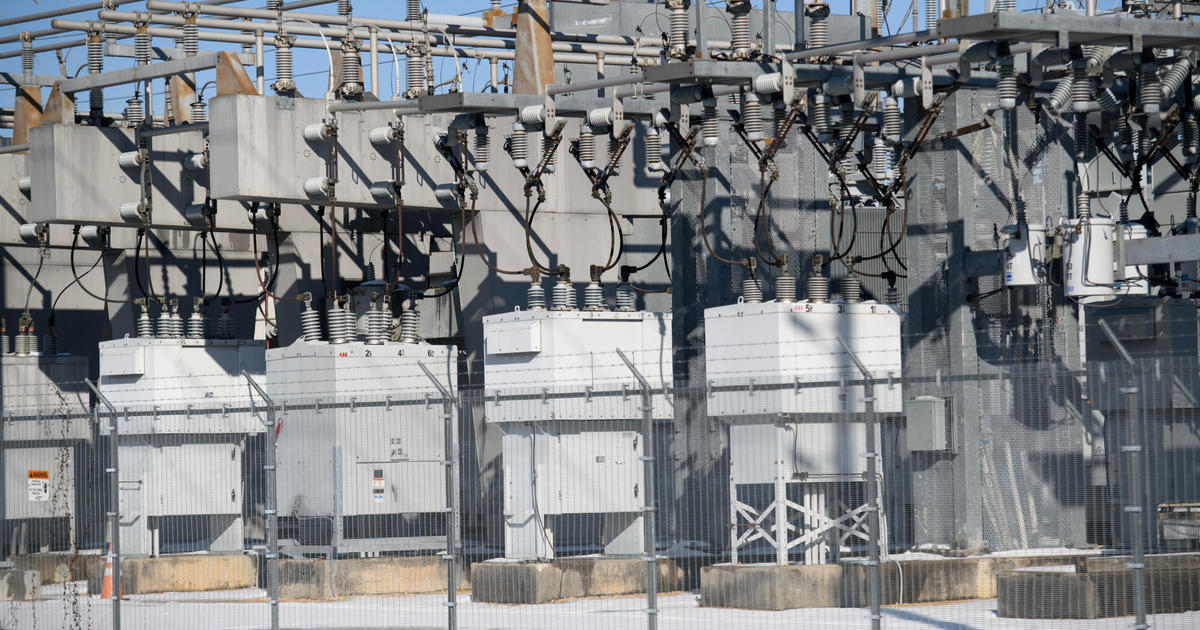Frank Interviews Obama On Fiscal Cliff, Spending Cuts
WASHINGTON, D.C. (WCCO) -- With negotiations regarding the impending fiscal cliff hanging in the balance, President Barack Obama told WCCO's Frank Vascellaro he's confident a deal will be reached.
Obama sat down for a one-on-one interview with Vascellaro at the White House to address concerns regarding the recent talks, including a meeting with House Speaker John Boehner which was announced Thursday afternoon.
Obama said he and Boehner have been in constant conversation and he is confident they will reach an agreement.
"I remain hopeful that we can get this resolved. It shouldn't be hard to get resolved," he said.
One reason for these interviews with the president is to help viewers understand what's at stake and what exactly the fiscal cliff means. Obama summed it up as follows:
"Look, if we don't do anything, if Congress does nothing, then on Jan. 1 taxes on every family in America go up. For the typical, middle class family, that means $2,200 out of pocket. That's $2,200 that could be spent on groceries, a mortgage, sending a kid to college. It means $200 billion come out of our economy that suddenly businesses aren't seeing, and as a consequence, they may slow down in terms of their investment and their hiring. So it would be bad for the economy, bad for American families," he said.
Obama said the good news in this is that it should be a simple solution.
"The Democrats and Republicans both say that they don't want taxes on middle class families to go up. So we could go ahead and pass a bill, extending middle class tax cuts for all incomes (of) $250,000 or below – that means 98 percent of Americans wouldn't see their taxes go up a single dime, that means 97 percent of small businesses wouldn't see their taxes go up and that takes a lot of the edge off the fiscal cliff," he said.
The issues here, Obama said, is that while he's ready to sign that bill, the Senate has already passed it and House Democrats are willing to pass it, House Republicans are holding out.
The second issue with the fiscal cliff deals with the long-term debt and deficits.
"I've already cut a trillion dollars in spending," Obama said. "I'm willing to do a lot more cuts in spending. We also need to pair it up with a little more revenue."
Obama raised an issue that he said throughout his campaign -- taxing the wealthiest Americans.
"So the big problem right now is that the Republicans in the House are resistant to the idea of the wealthiest Americans paying higher tax rates and I understand they have a philosophical objection," he said. "On the other hand, we're willing to make some really tough decisions about spending cuts, we've already made a trillion dollars' worth of spending cuts."
Obama said while he's open to other ideas, there are a few issues he refuses to budge on.
"What I don't want to do is ask seniors to pay a lot more up for Medicare, or young people to pay a lot more for college because they're not getting the same deal on student loans just to finance a tax cut for me," he said. "I think that if we can get that change in attitude on that particular issue, we should be able to get something done before the end of the year."
